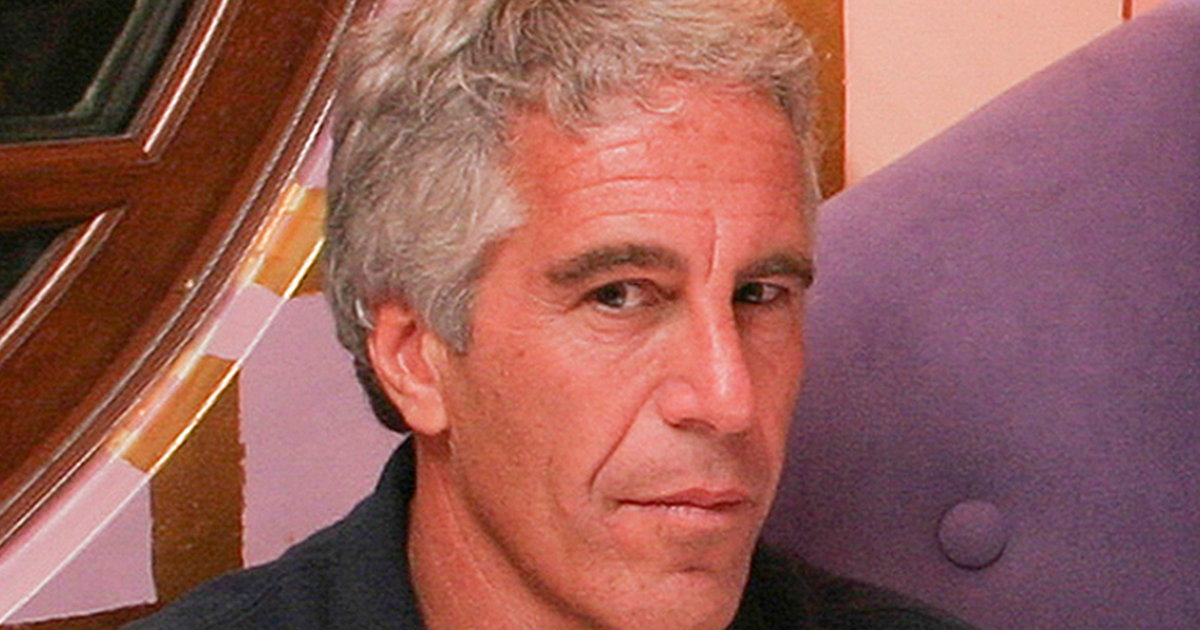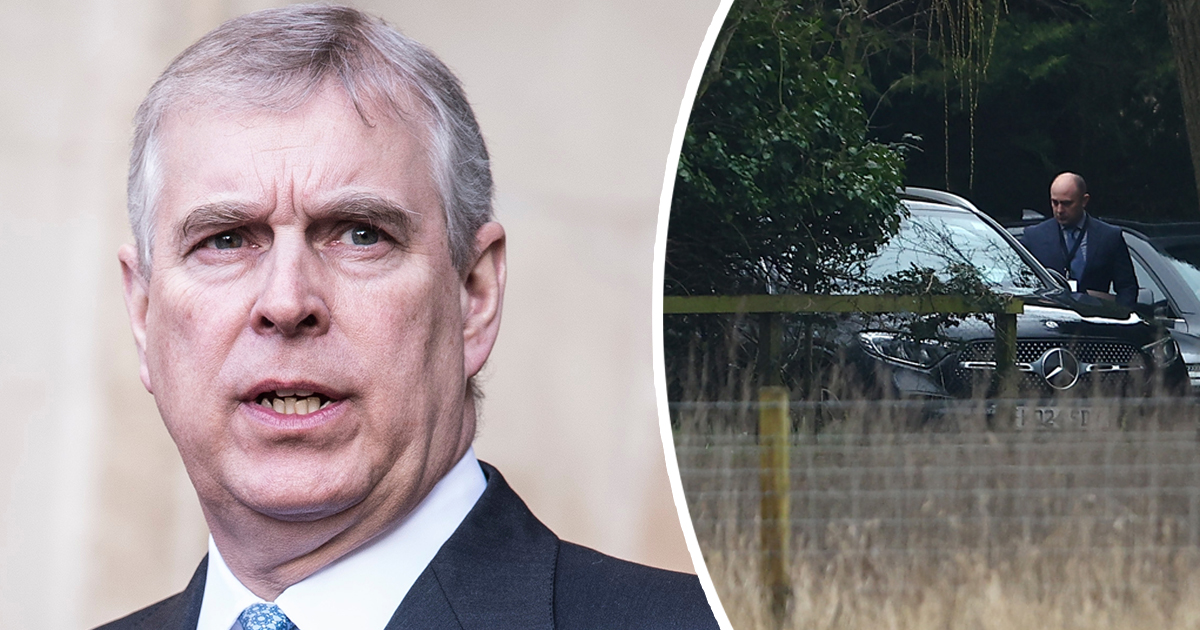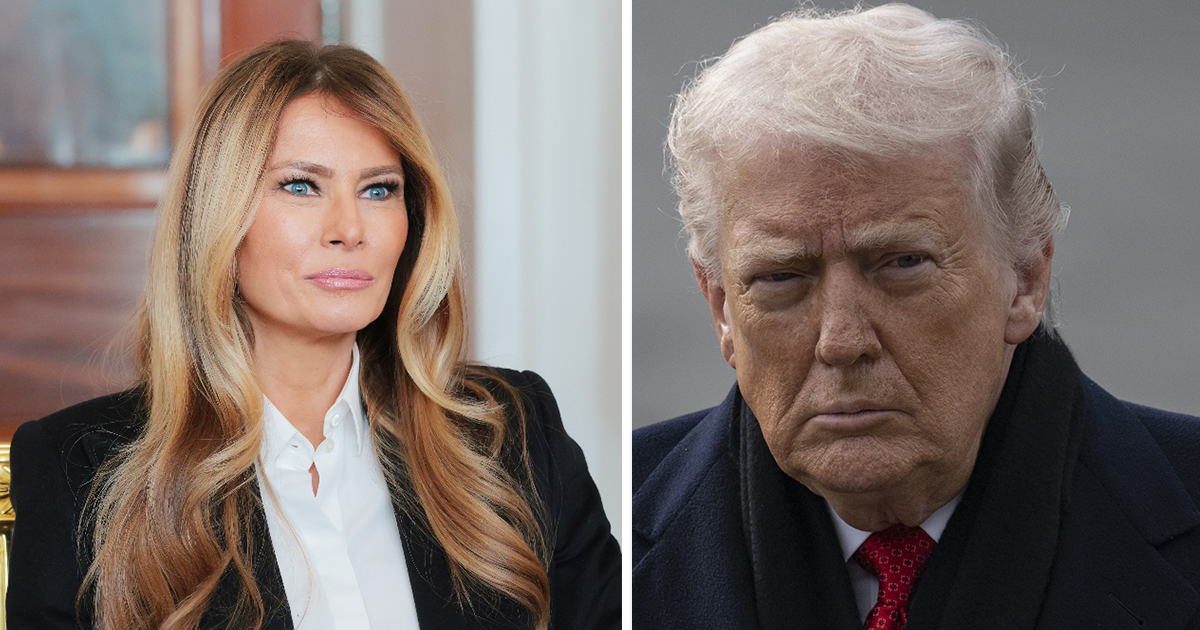Less than 24 hours after the former president’s accident, pastors across the country addressed stunned and scared congregants on Sunday morning.
At a conservative evangelical church in Visalia, a farming community in California’s Central Valley, the pastor’s Sunday sermon included a reminder that trumpets heralded judgment for Christians.

The accident involving Donald Trump on Saturday, according to the Rev. Joel Renkema, was also a trumpet blast, a “clear and obvious message to our country.” Political discourse had spiraled out of control, he told parishioners at Visalia Christian Reformed Church, urging them to stop “hating and demonizing our opponents.”
“This is a warning shot!” Renkema boomed. “Can we hear it? Will we listen?”
By the time worshipers gathered for services nationwide on Sunday, less than 24 hours had passed since a suspected assassination attempt on Donald Trump at a rally in Butler, Pennsylvania. This left church leaders with little time to guide their shocked congregations through a bloody moment in U.S. history.

Despite his lack of overt religiosity, Trump had already emerged as a messiah-like figure to many hard-right Christians in his MAGA movement. An attack on him was viewed by some as an assault on Christianity. Amid intense division in America, many church leaders issued urgent appeals for calm on Sunday.
“As Americans, we all have to be horrified today at what took place not too far from here in Butler last evening,” said the Rev. Kris Stubna during Sunday remarks at St. Paul Cathedral, a Catholic parish in Pittsburgh.
The Trump campaign gave no indication that the former president attended church on Sunday. However, someone who spoke to him described him as almost “spiritual” about the near-assassination attempt, feeling as though he had been “handed a gift from God” by surviving.

Given the diverse mosaic of Christian communities, responses at the pulpit and in the pews varied widely based on location, denomination, and demographics.
Some evangelical leaders made pointed allusions to “enemies” and “tests” of the faithful without specifically mentioning Trump or the accident. Others, especially affiliates of the fast-growing Christian supremacist group known as the New Apostolic Reformation, mentioned Trump by name in sermons and declared spiritual warfare against his opponents.



